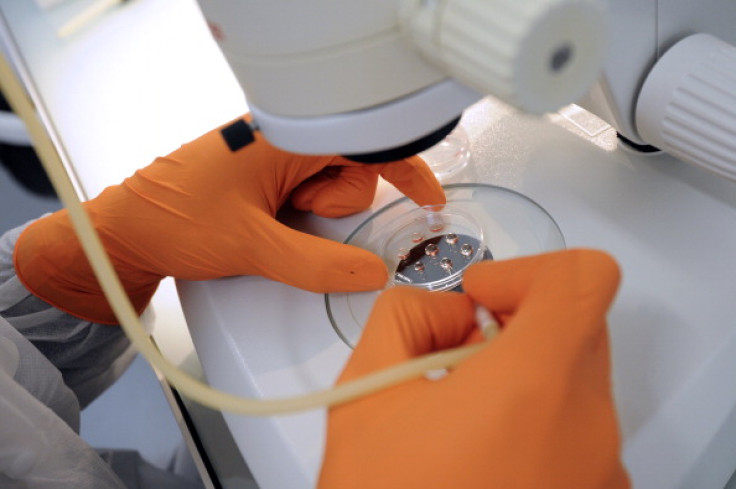UK scientist seeks permission to turn genes on and off in human embryos

A UK scientist is seeking permission to alter the DNA of day-old human embryos in an attempt to understand which genes control their development. Dr. Kathy Niakan has turned to the Human Fertilisation and Embryology Authority (HFEA) seeking the green light to alter human embryos.
The rather controversial request has previously not been approved by any national regulator. The HFEA will be the first one, if it does choose to give Dr Niakan permission to do so. The decision will be announced on 14 January.
It will teach us critical information about these genes in early human development. It could lead into insights into some causes of miscarriage and provide us with information about developments in infertility treatment.
Previously having tested her research on mouse embryos, Dr Niakan insists it is time to move the testing to human embryos to be able to further her research work. She will need roughly 20-to-30 embryos for each gene and will be using fertilised embryos from IVF treatment. The embryos will be destroyed after seven days.
"It will teach us critical information about these genes in early human development," said Dr Niakan, reported Sky News. "It could lead into insights into some causes of miscarriage and provide us with information about developments in infertility treatment."
Dr Niakan employed the CRISPR-Cas9 technology for her research, which allows for cheap gene editing with precision. Yet, embryo editing remains controversial due to the fear of a quest to have 'designer' babies.
Earlier geneticist Xingxu Huang of the ShanghaiTech University in China had sought permission to genetically modify discarded human embryos. He had reported on using a gene-editing technique in February 2014 to modify embryos that later developed into live monkeys.
"Such research could be exploited for non-therapeutic modifications. We are concerned that a public outcry about such an ethical breach could hinder a promising area of therapeutic development," wrote Edward Lanphier, chairman of the Alliance for Regenerative Medicine in Washington DC. "We need a halt on anything that approaches germline editing in human embryos." Lanphier has called on scientists not to modify human embryos for research.
© Copyright IBTimes 2024. All rights reserved.






